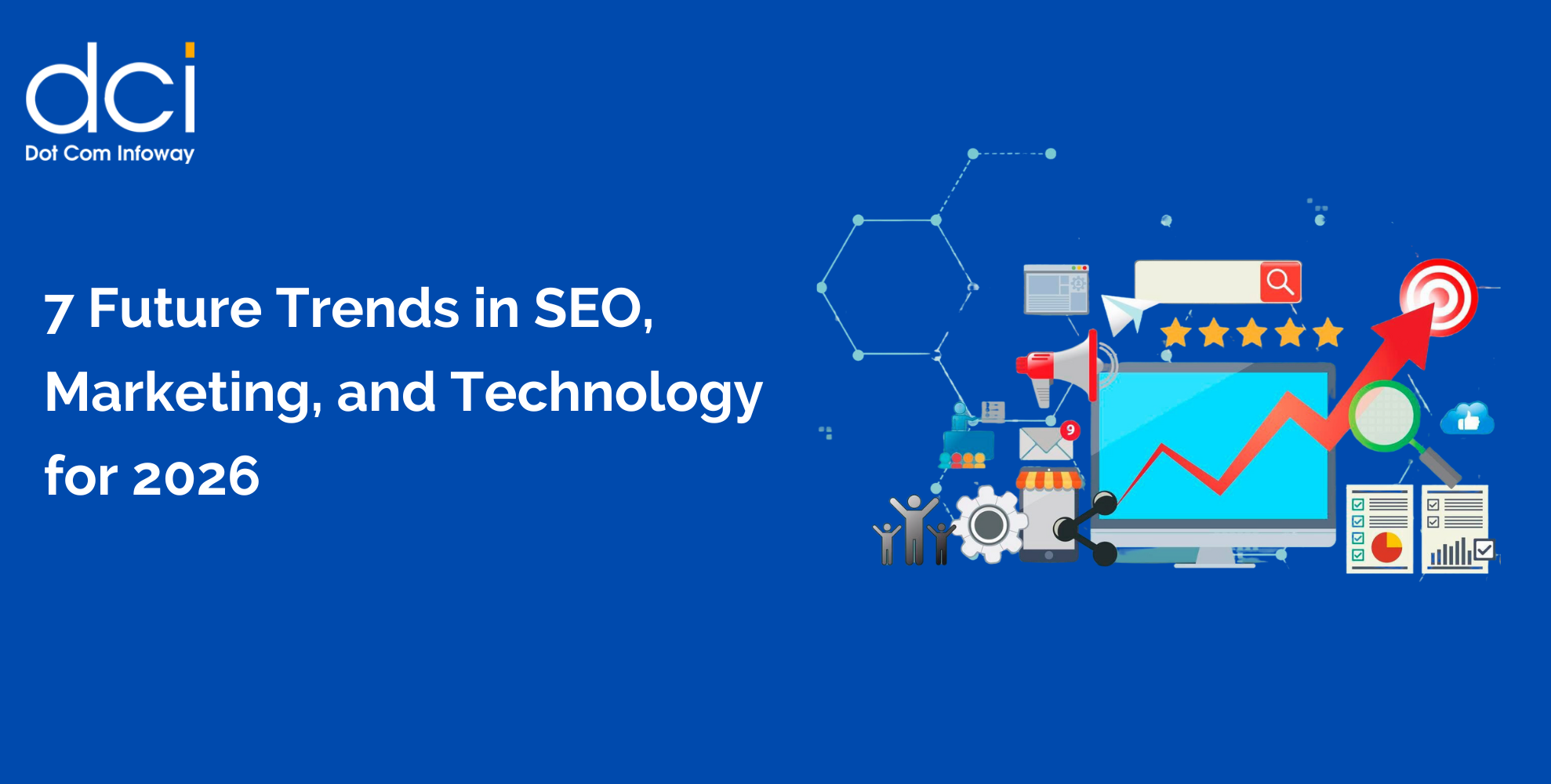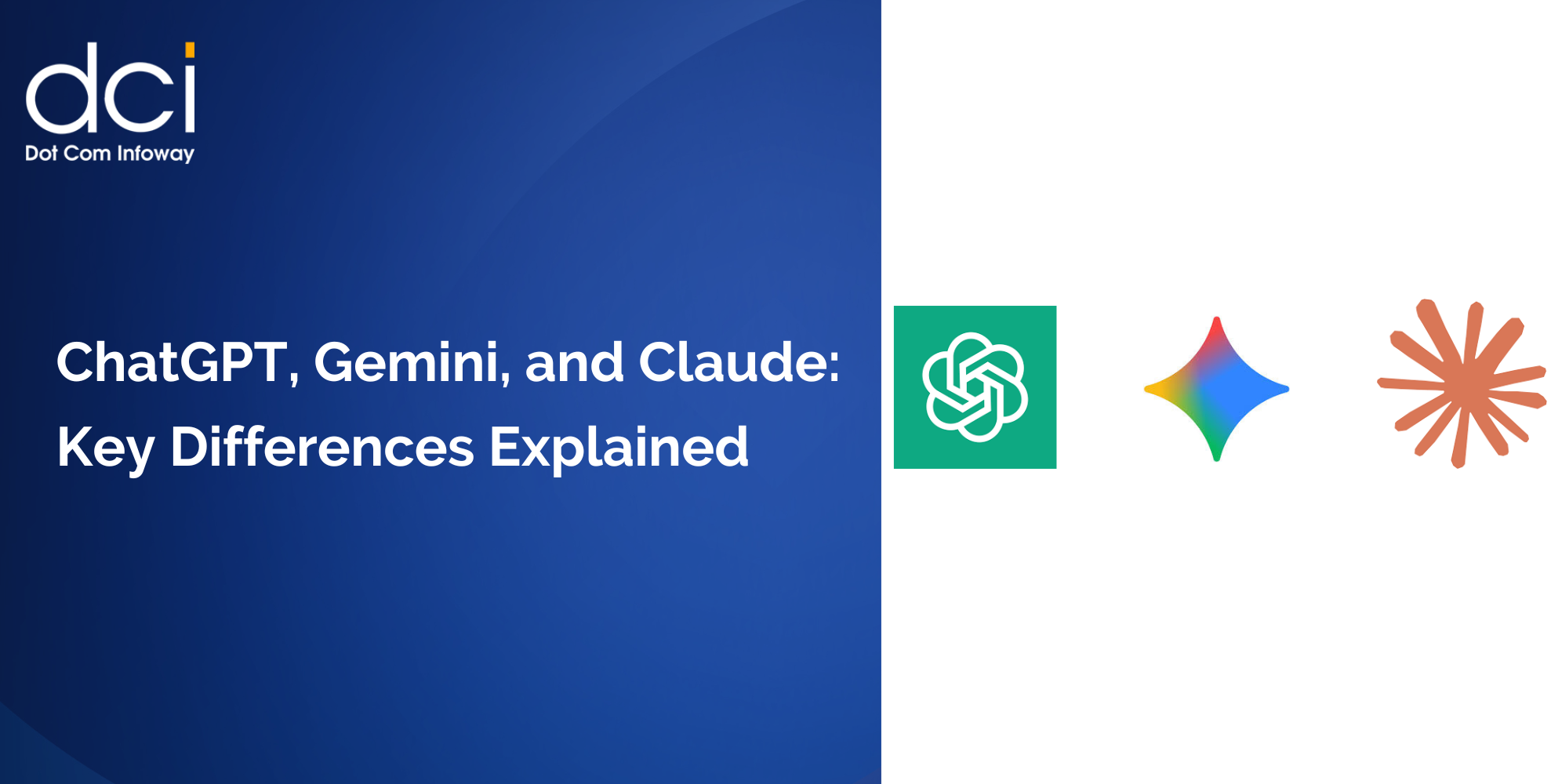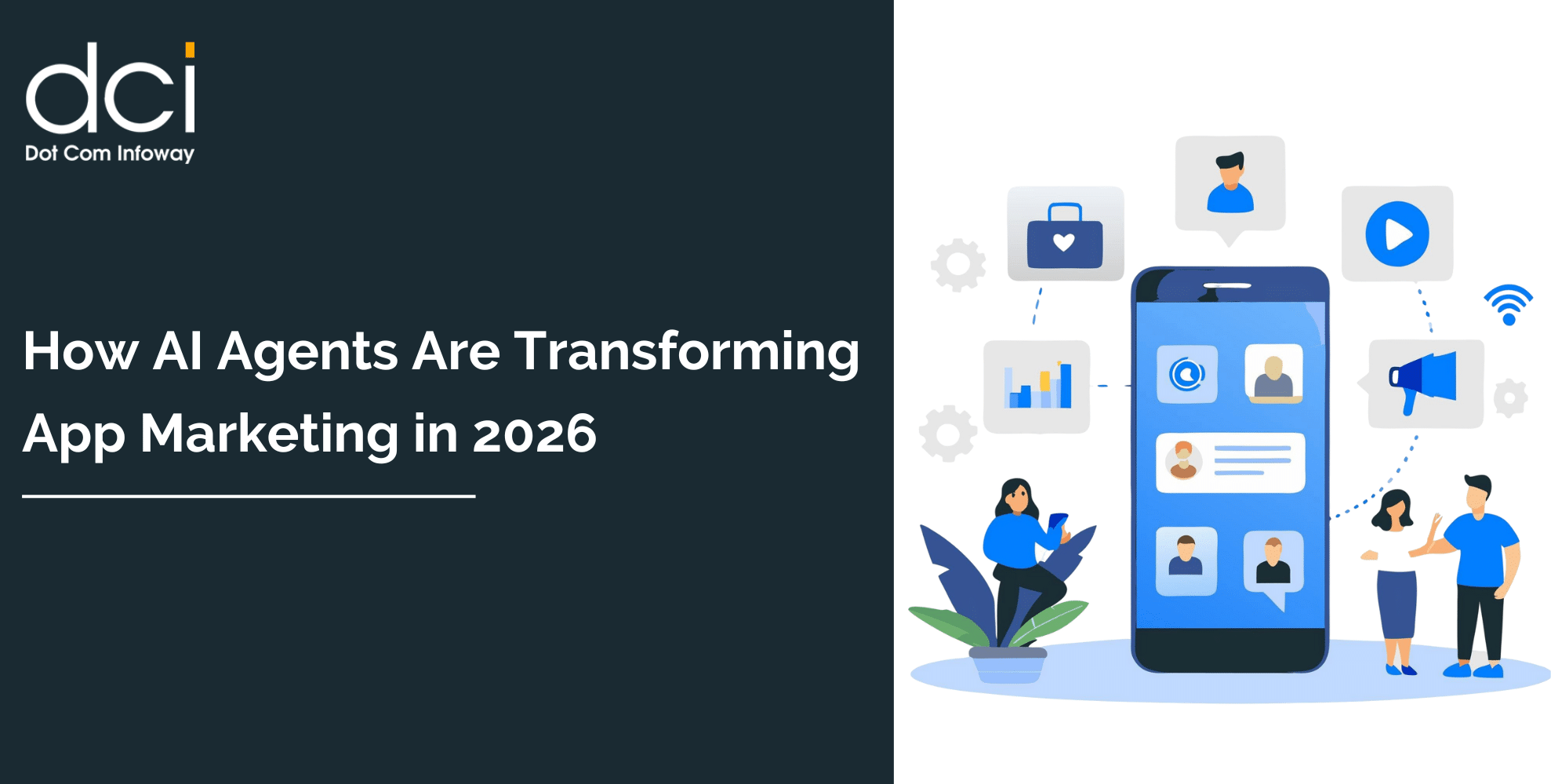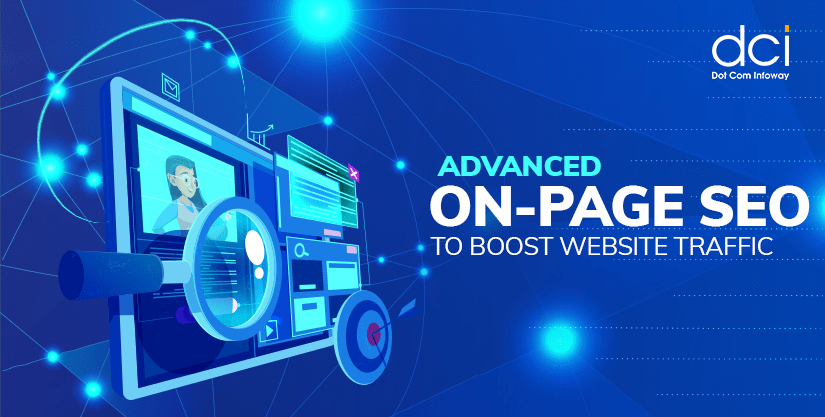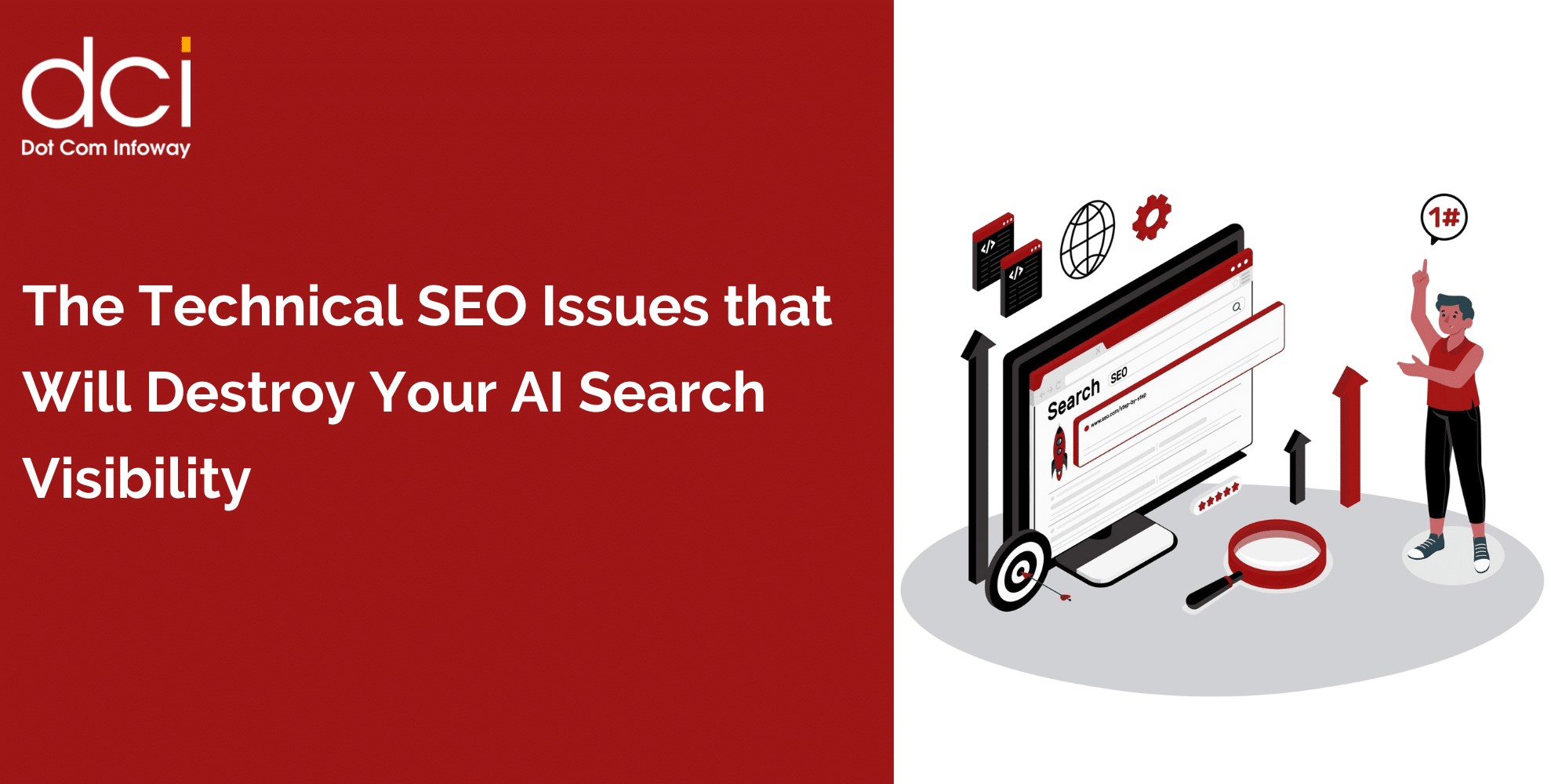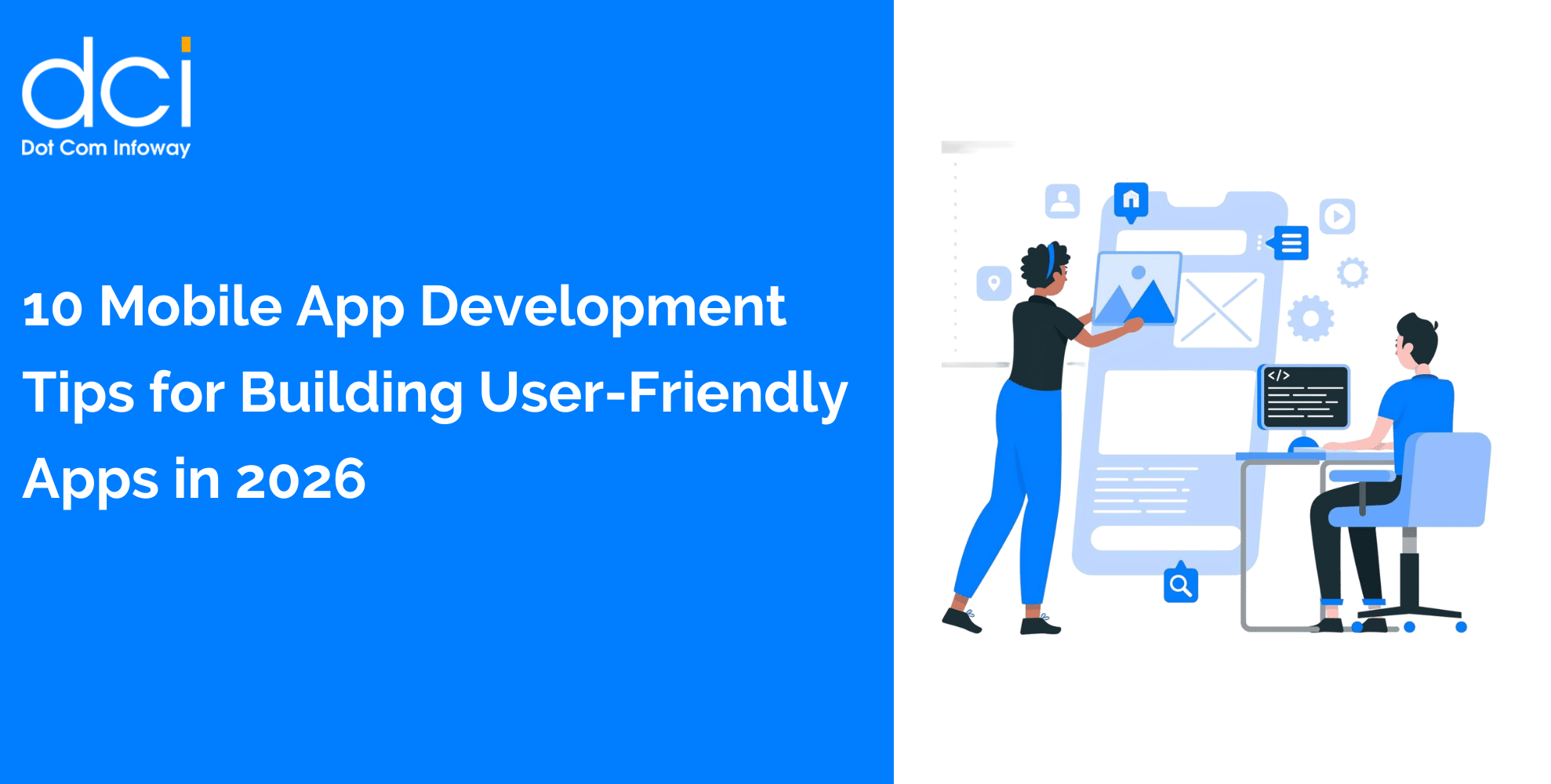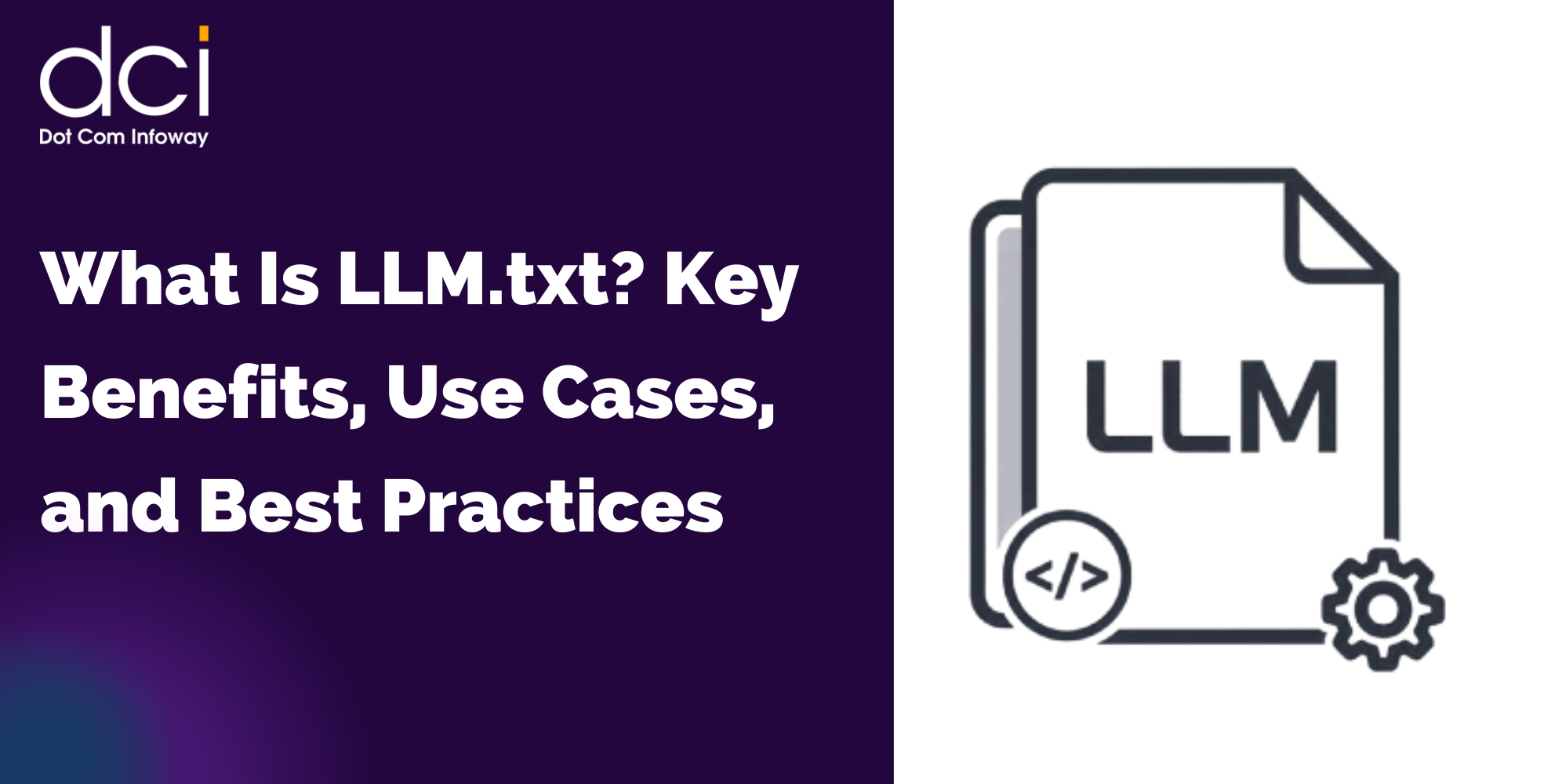Understanding Intelligent Agents vs Traditional Chatbots
The distinction between AI agents and chatbots extends far beyond simple conversational interfaces. Traditional chatbots operate on predetermined scripts and decision trees, functioning like sophisticated vending machines that dispense pre-programmed responses. These rule-based systems excel at handling frequently asked questions and guiding users through structured workflows.
In contrast, intelligent agents leverage advanced technologies, including large language models and natural language processing to understand context, make autonomous decisions, and adapt to complex situations. ServiceNow’s research indicates that “AI agents use advanced technologies like large language models and natural language processing to dynamically understand and act on user input.”
The conversational AI market reflects this evolution, with businesses increasingly recognizing the limitations of scripted interactions. Salesforce’s Abhi Rathna explains: “The conversational flow itself, in traditional bots, is built in a very declarative and pre-defined manner. It doesn’t give you the full natural conversational experience.”
Why AI Agents Are Revolutionizing Business Automation
AI agents represent a paradigm shift in business automation, moving beyond simple question-and-answer interactions to complex problem-solving scenarios. These systems can analyze vast amounts of data, integrate with multiple business platforms, and execute multi-step processes without human intervention.
The key differentiator lies in their autonomous decision-making capabilities. While chatbots require extensive manual configuration and rule-based programming, AI agents learn from interactions and adapt their responses based on contextual understanding. This flexibility translates into significant operational advantages:
- Enhanced customer satisfaction through personalized, context-aware responses
- Reduced operational costs by automating complex workflows
- Improved scalability as agents can handle increasingly sophisticated tasks
- Real-time problem resolution without escalating to human representatives
Grand View Research projects the AI agents market will grow at a compound annual growth rate of 45.8% from 2024 to 2030, highlighting the rapid adoption of these advanced systems across industries.
“AI agents excel in managing complex data to inform autonomous decision making, and more natural, context-aware interactions able to adapt dynamically to changing circumstances and user needs.” – ServiceNow AI Research Team
Business Chatbots: When Simplicity Drives Results
Despite the excitement surrounding AI agents, business chatbots continue to serve essential functions across numerous industries. Their strength lies in handling high-volume, routine interactions where consistency and brand control are paramount.
Chatbots prove particularly valuable for:
Customer service scenarios where responses must adhere to specific brand messaging guidelines. Traditional chatbots ensure every customer interaction aligns with company policies and regulatory requirements, making them ideal for financial services, healthcare, and other regulated industries.
Cost-effective scalability for businesses with limited technical resources. Implementation costs remain significantly lower than AI agents, with faster deployment timelines and minimal infrastructure requirements.
Predictable user journeys such as appointment scheduling, order tracking, or basic troubleshooting. When customer needs follow established patterns, chatbots provide efficient, reliable service without the complexity of advanced AI systems.
The free AI chatbot market, generating 33,100 monthly searches according to Google Ads data, demonstrates continued demand for accessible conversational AI solutions among small and medium-sized businesses.
AI Customer Service: Transforming Support Experiences
The evolution of AI customer service reflects changing consumer expectations and technological capabilities. Modern customers expect immediate, personalized responses across multiple channels, pushing businesses toward more sophisticated AI solutions.
AI agents transform customer service through:
Advanced natural language understanding that goes beyond keyword recognition. These systems comprehend context, sentiment, and implicit meaning in customer communications, enabling more human-like interactions.
Integration capabilities with existing customer relationship management systems, knowledge bases, and business applications. This connectivity allows agents to access complete customer histories and provide informed recommendations.
Continuous learning mechanisms that improve performance over time. Unlike static chatbots, AI agents analyze interaction patterns and adjust their responses based on successful outcomes.
Salesforce research indicates that AI agents are “significantly quicker and easier to implement and launch” compared to traditional chatbots, which require “extensive training on hundreds of utterances to understand natural-language requests.”
AI Automation Tools: Scaling Operations Intelligently
The broader category of AI automation tools encompasses both chatbots and AI agents, each serving specific automation needs within modern enterprises. Understanding when to deploy each technology becomes crucial for maximizing return on investment.
Strategic implementation considerations include:
Complexity assessment: Simple, repetitive tasks with predictable outcomes suit chatbots, while complex decision-making scenarios requiring contextual analysis benefit from AI agents.
Integration requirements: Businesses with extensive legacy systems might find chatbots easier to implement initially, though AI agents offer superior long-term scalability.
Compliance considerations: Regulated industries may prefer the controlled, predictable responses of traditional chatbots for customer-facing interactions while using AI agents for internal operations.
The AI automation tools market, generating 880 monthly searches with relatively low competition, suggests growing business interest in comprehensive automation solutions.

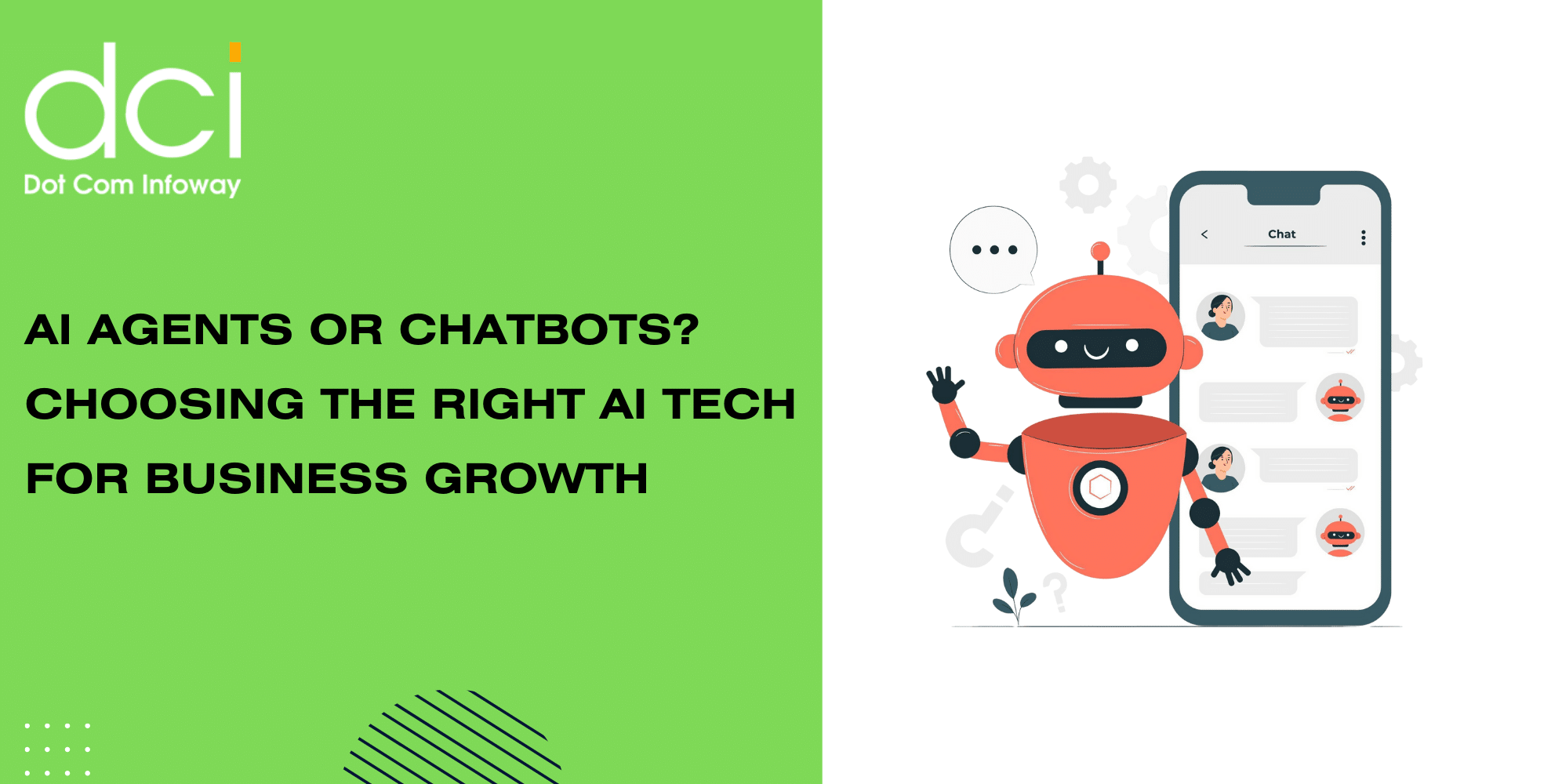





![The Game Marketing Guide: Pre and Post-Launch Strategies [Infographic]](https://www.dotcominfoway.com/wp-content/uploads/2023/09/DCI-Game-Marketing-blog-1.jpg)
